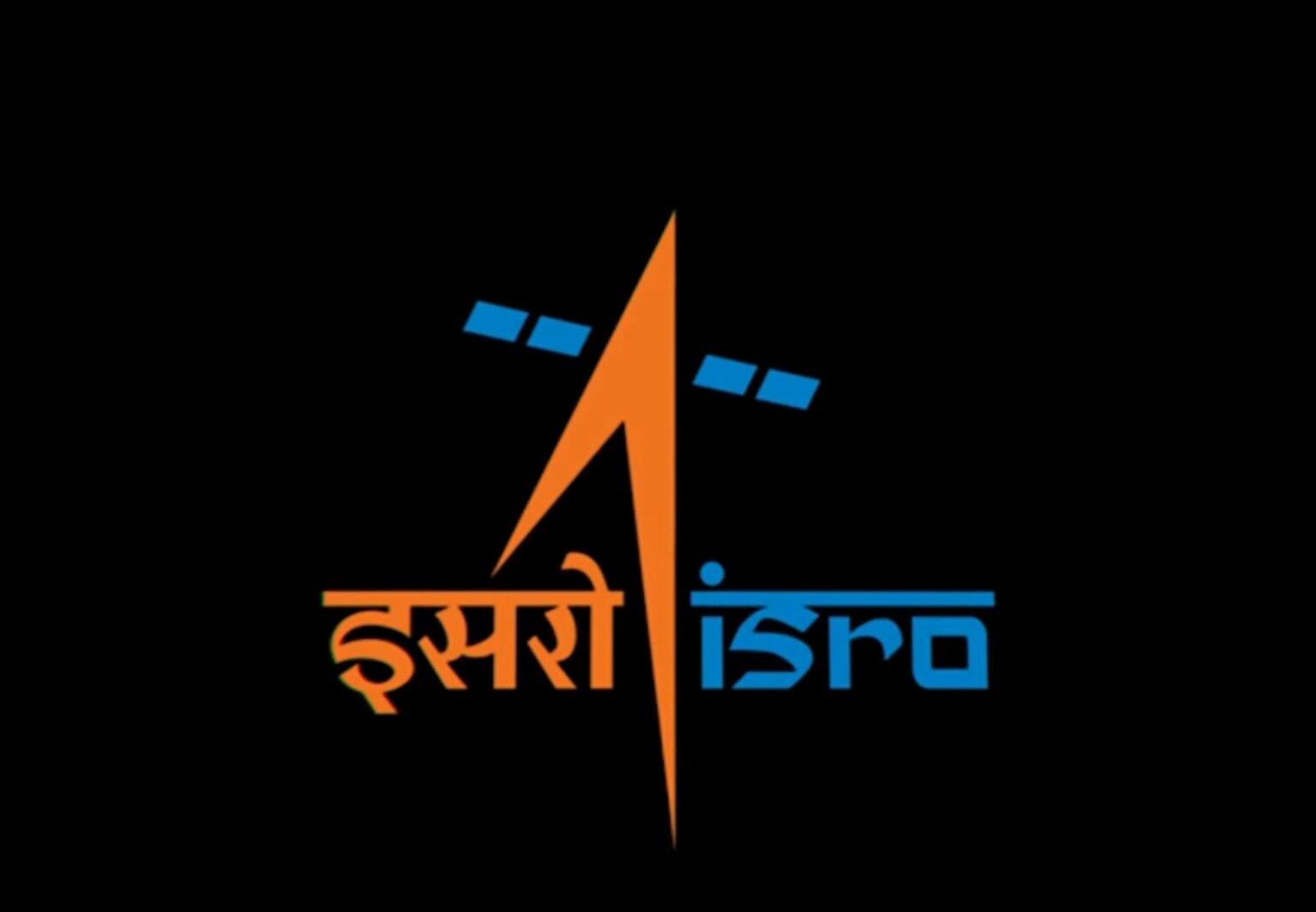In a significant leap towards sustainable space exploration, the Indian Space Research Organisation (Isro) announced the successful flight test of a Polymer Electrolyte Membrane Fuel Cell based Power System (FCPS).
Launched on January 1 aboard PSLV-C58, the 100 W class fuel cell operated efficiently in the orbital platform POEM3. This breakthrough marks a crucial step in powering future space missions with unparalleled efficiency, emitting only water as a byproduct.
Fuel cells, utilizing Hydrogen and Oxygen gases to produce electricity directly, present a cleaner alternative to conventional power systems. Isro’s FCPS demonstrated its prowess by generating 180 W power during the short-duration test on the orbital platform. The efficiency of this electrochemical process, coupled with its emission-free nature (with water as the sole byproduct), positions fuel cells as the ideal power source for space habitats.
Versatility and Societal Applications
Isro highlighted the versatility of fuel cells, suggesting their potential application in replacing engines in various vehicles and powering standby systems. The ability to provide both power and pure water makes fuel cells an attractive solution for space stations. Isro envisions these fuel cells as a crucial component for future missions involving human presence, where a single system can fulfill multiple essential requirements.
A Sustainable Future for Space Exploration
The successful testing of the FCPS not only propels Isro’s capabilities in space technology, but also signifies a broader shift toward sustainable practices in space exploration. With its potential to revolutionize power generation in space habitats and contribute to emission-free transportation on Earth, Isro’s fuel cell technology opens new frontiers for a greener and more efficient future.
